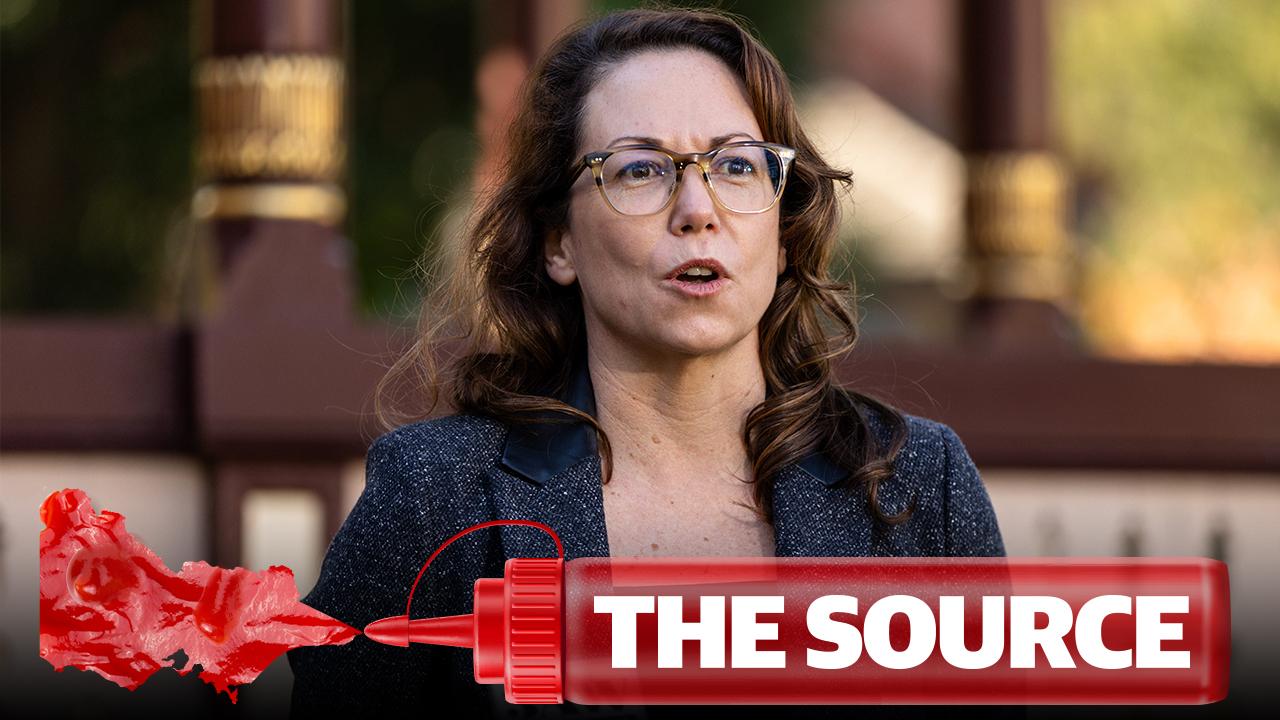The suburbs hardest hit by cost of living crisis revealed
These are the Melbourne suburbs doing it toughest in the cost of living squeeze — and bills are tipped to jump even higher this year.
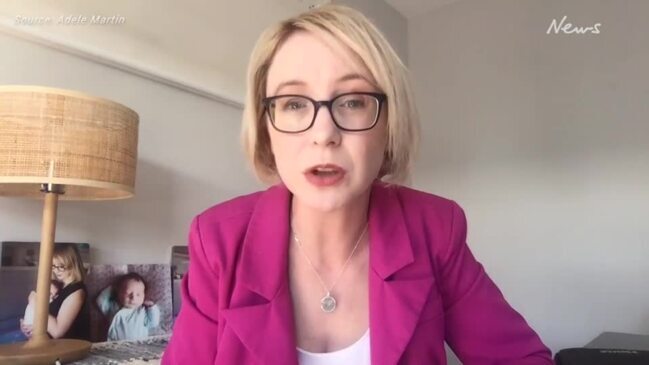
Victoria
Don't miss out on the headlines from Victoria. Followed categories will be added to My News.
Families in Melbourne’s outer suburbs are facing the biggest cost of living squeeze, according to exclusive analysis that puts growing pressure on the Albanese government to extend fuel tax relief.
The Herald Sun can reveal that residents of Casey, Tullamarine, Broadmeadows, Melton, Bacchus Marsh and Sunbury have had to deal with a 4.9 per cent annual increase in living costs.
New location-based inflation analysis by the Australian National University for the Herald Sun links the budget-busting spike to the soaring cost of petrol, along with these housholds spending a greater proportion of their money on food.
The data, compiled by economics researcher Ben Phillips, found that while the suburban fringe neighbourhoods were doing it tough, inner-city eastern suburbs in the Port Phillip, Stonnington and Yarra municipalities, as well as the CBD, had been dealt smaller increases to household bills.
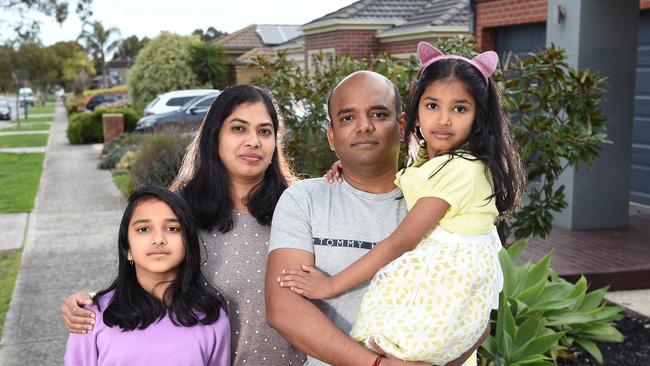
But economists predict the cost of living will jump even further in coming months as interest rate rises kick in and the petrol excise cut is removed, as expected, by September 28.
The biggest price pressure had been petrol costs, Professor Phillips said, which were hitting hard for those in outer metropolitan areas who often had to drive to work, school, shopping or recreation.
“Petrol was up about one third since the beginning of the financial year,” he said.
“In the outer suburbs, you’re probably spending more money on petrol because you are driving more, while people who live in the inner parts of Melbourne usually have one car or no car at all. Whereas, the outer suburbs, you probably have more cars and be driving more.
“These areas were also lower-income households so spent a greater share of their expenditure on petrol, utilities and food. Beyond that, fresh food, vegetables, fruit, meat … it’s been five to 10 per cent increases, which is pretty substantial.”
One Nation Senator Pauline Hanson said the government should extend the fuel excise cut for six months.
To cover the cost, which would be about $3bn, Ms Hanson said Labor should ensure foreign-owned multinationals paid a “fair share of tax” on enormous profits from Australian resources. That would raise $30bn, she added.
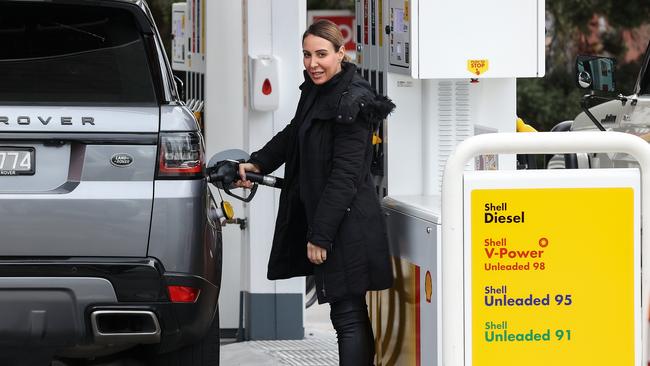
Treasurer Jim Chalmers’ office pointed to previous comments in which he suggested an excise cut extension was not affordable.
But Berwick resident Subbu said petrol prices there were always as much as 15c higher than other suburbs.
The dad said he averaged four trips to the petrol pump every month for two vehicles.
“I have to go out to some other areas like Cranbourne or Narre Warren,” he said.
“Even though I live in Berwick I go out for groceries, gas and everything else. I have friends here who recommend not buying groceries here and instead try the Dandenong Market.
“By going to the Dandenong Market for veggies I end up saving $30 per trip compared to the veggies I would get here.”
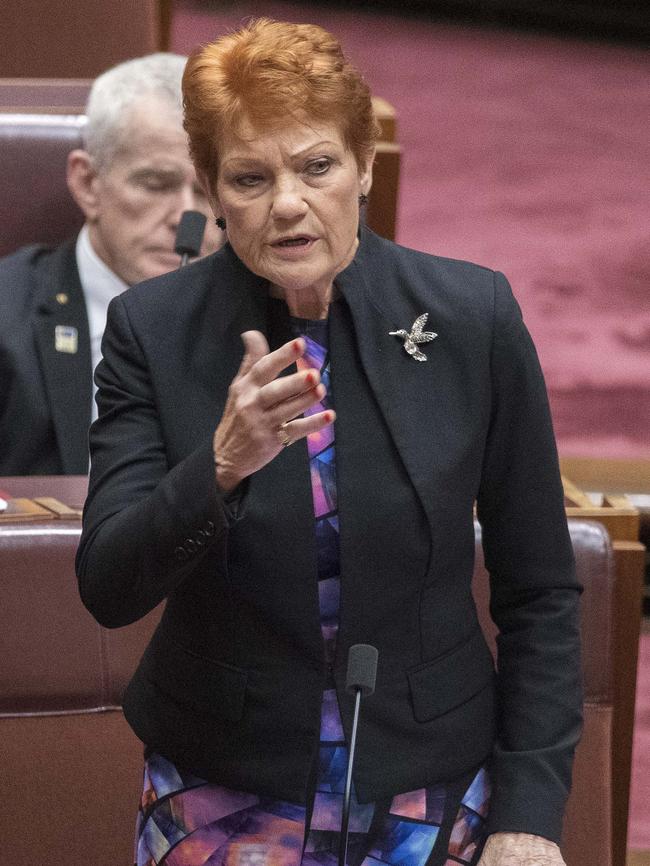
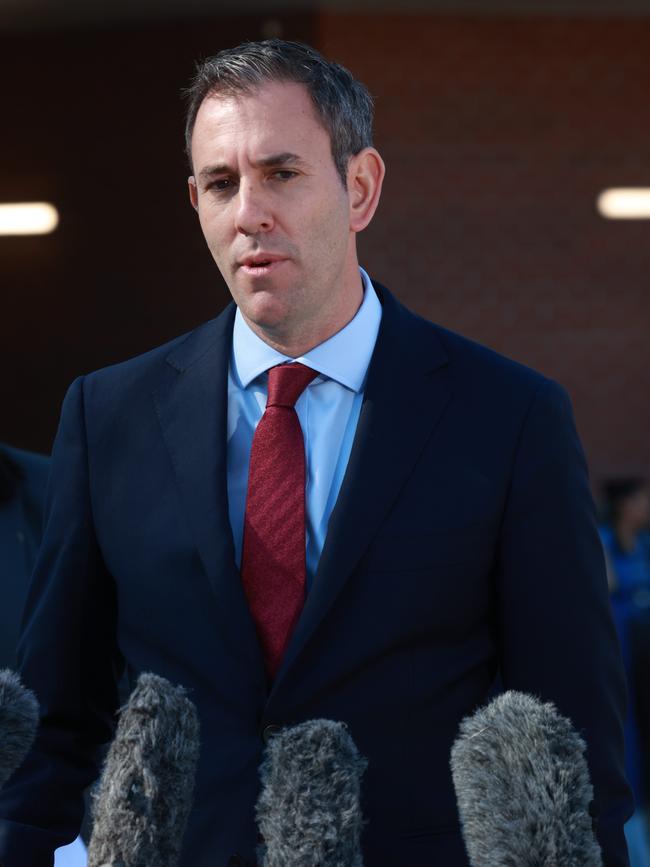
National Debt Helpline financial counsellor Claude Van Arx said people in growth corridors were more likely to have taken out a mortgage within the past three years.
“Those people they probably stretched themselves a little bit trying to buy a place because prices were so high, but they probably did that on the basis that they weren’t expecting interest rates to rise for another two or three years,’’ Mr Van Arx said.
“Now they’re caught in a pretty tight situation where they’re getting increases that they weren’t expecting, plus cost of living costs.’’
“It’s a bit of a perfect storm – there are so many cost pressures happening at the same time.’’
Mr Van Arx said households should act before debt became unmanageable and said many protections existed in Victoria to help consumers.
“If people are prioritising debts and bills over food, that should be a red flag.’’
He urged anyone in financial trouble to call the debt helpline on 1800 007 007.



